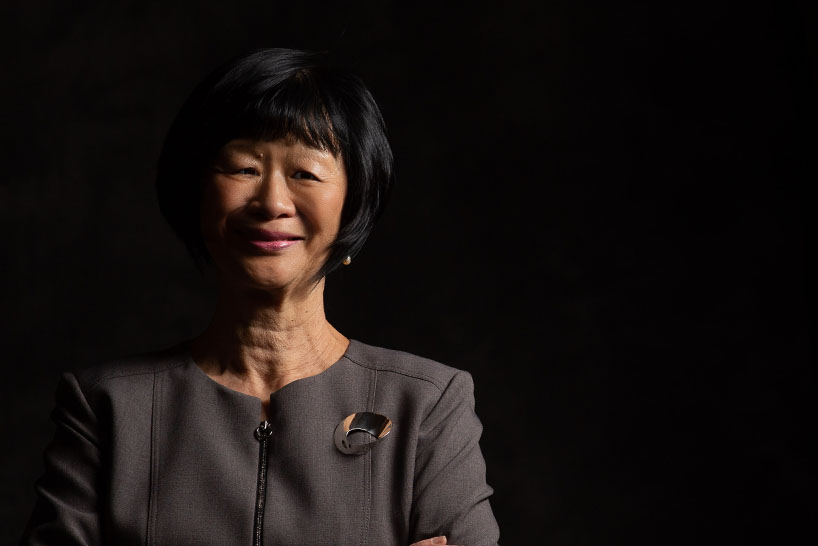Lawful Permanent Resident
Lawful Permanent Residence (LPR) status gives you the right to live and work in the United States on a permanent basis, declaring the U.S. as the LPRs residence. LPRs can also petition for residency for immediate family members. LPRs, however, do not have all the rights of a U.S. citizen. For instance, LPRs cannot vote in U.S. elections or in some cases get the same public benefits as citizens. Also, LPRs can lose their status by spending extended periods outside the U.S. or by being ordered deported for violating certain laws, including criminal laws.
There are several ways to become a lawful permanent resident, such as:
- being sponsored by an immediate relative (spouse, parent, child, or sibling)
- being sponsored by an employer
- being granted refugee or asylum status
- winning the diversity visa lottery
- being in a certain category of special persons, like investors, religious workers, etc.
Sponsorship by Immediate Relative
There is no specified limit of green cards available for immediate relatives of U.S. citizens. As such, you can apply for a green card with no waiting period at the same time as applying for or upon approval of an immigrant visa petition.
Immediate relatives include:
- spouses of U.S. citizens
- unmarried children under the age 21 of at least one U.S. citizen parent
- parents of U.S. citizen children who are 21 years and older
Children include:
- biological children
- step-children if the marriage between the child’s biological and step-parent was contracted before the child turned 18 years old
- adopted children if the adoption took place before the child reached 16 (with some limited exceptions) and certain other conditions are met
Sponsorship by Other Family Members
If the family member sponsoring you is not an immediate relative, you may still get your green card but there will likely be a longer waiting period. Because only a certain number of these green cards can be issued (on a first come, first served basis) each year to persons who are not immediate relatives of U.S. citizens, there can be waiting periods. The length of the wait depends on what preference category your application falls under. Below are the four preference categories defined by law:
- First preference: this category applies to petitions filed by U.S. citizen parents for their unmarried children 21 years or older.
- Second preference: this category applies to petitions for spouses, minor children, and unmarried sons and daughters (age 21 and over) of Legal Permanent Residents.
- Third preference: this category applies to petitions for married sons and daughters of U.S. citizen, and their spouses and minor children.
- Fourth preference: this category applies to petitions for brothers and sisters of U.S. citizens, and their spouses and minor children, provided the U.S. citizens are at least 21 years of age.
Sponsored by Employer
There are a limited number of green cards that can be issued to foreign nationals who are sponsored for residency through employment. In many cases, to sponsor a foreign national for residency, a U.S. employer must prove there are no qualified, willing, or able American workers for the position being sponsored and agree to pay a certain required wage to the foreign national upon issuance of the green card. However, there are exceptions to these requirements, such as for individuals of extraordinary ability, outstanding researchers, multi-national managers, foreign nationals performing work of national interest, etc.
Since only a limited number of these green cards are given, in some cases, applicants may have to wait years to apply for a green card. The waiting period depends on the preference category in which an application is made. Below are the five preference categories:
- First preference: applicants of extraordinary ability in arts, sciences, education, business, or athletics; outstanding professors and researchers; and certain managers and executives of multinational companies
- Second preference: professionals with advanced degrees or exceptional ability
- Third preference: skilled and professional workers
- Fourth preference: religious workers and miscellaneous categories of special immigrants
- Fifth preference: employment creation visas for investors who invest either $1 million or $500,000 (if business is located in a Targeted Employment Area (TEA)) into a U.S. business that creates or, in some cases, sustains at least 10 full-time jobs
Green Card Diversity Visa Lottery
The U.S. also issues a certain number of green cards every year via a lottery system (“diversity visa lottery”) to qualified people from certain. Because this system is designed to diversify the immigrant population, nationals of countries from which U.S. receives high levels of immigrants are barred from participating in this lottery system. The list of barred participants can change annually, depending on immigration levels from the prior year.
Legal Editor: BoBi Ahn, February 2018 (updated June 2019)
Changes may occur in this area of law. The information provided is brought to you as a public service with the help and assistance of volunteer legal editors, and is intended to help you better understand the law in general. It is not intended to be legal advice regarding your particular problem or to substitute for the advice of a lawyer.
Our Lawyers

Charlotte L.
LRS Lawyer
Our lawyers are screened and approved – they have all gone through an application and interview process. Each lawyer we recommend has been screened for significant experience, knowledge of ethics codes and rules, and law office practices, including customer service skills and handling of fees and billing.
About Us
When you call us, you will be speaking with an attorney. One of our attorney referral counselors takes your call and talks with you about your legal question, or reviews your online referral request. There is no charge to speak with one of our attorney referral counselors -- we’re here to help.

